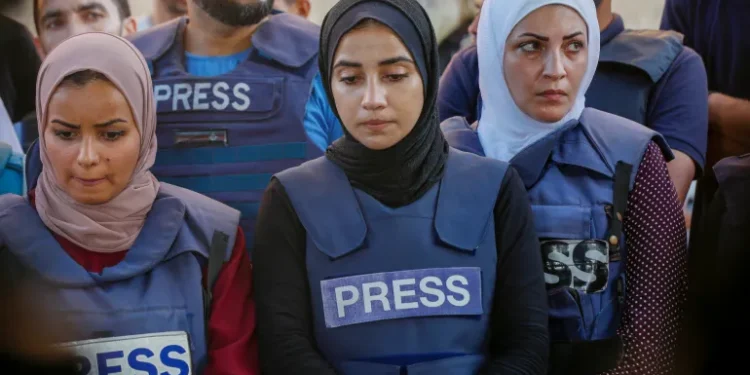As Ghana’s creative industry evolves, the need for formal education and skill enhancement becomes paramount.
In recent years, Ghana has witnessed a burgeoning creative scene, with artists, musicians, filmmakers, and designers gaining international recognition.
An abundance of raw talent fuels this vibrant culture; however, the notion that talent alone is sufficient for success is increasingly being challenged.
While talent may have been enough to propel one into the spotlight in the past, American rapper, Ja Rule, advised Ghanaian creatives that it is no longer sufficient, especially in today’s rapidly evolving world where new trends, such as artificial intelligence, are transforming the creative space.
Instead, he believes enhancing their skills through formal education is key to unlocking their full potential and becoming exceptional musicians. It will equip them with the necessary knowledge to adapt and stay ahead of the curve.
According to him, staying current with creative trends and technological advancements is vital in the fast-moving creative industry.
“As creatives and musicians, it’s essential to make education an integral part of your journey. While talent is a great starting point, it’s no longer enough to rely solely on natural ability. The world needs more than just your talent; it needs exceptional individuals who can elevate their craft through knowledge, skills, and dedication. To stand out in the competitive music industry, you must be willing to continuously learn, grow, and refine your skills.
“It’s not just about learning music theory or instrumentation; it’s about developing a deeper understanding of the music industry, its trends, and its demands. Investing in your education is investing in your future. It’s a commitment to yourself and your craft, and it will pay off in the long run. Don’t just rely on your talent; take the initiative to learn, grow, and become exceptional musicians. The world needs more talented and educated musicians.”
Ja Rule
Education plays a multifaceted role in the development of a creative professional. It provides foundational knowledge and technical skills that are essential for mastering one’s craft.

For instance, musicians benefit from understanding music theory, while filmmakers gain insights into cinematography, editing, and storytelling techniques.
Ja Rule stressed that prioritising education could help artists develop unique sounds and styles that would differentiate them from their peers while improving their songwriting, composition, and performance skills.
“When you give formal education utmost importance, you can develop a unique sound and style that sets you apart from others. You can improve your songwriting, composition, and production skills, which will enhance your overall craft. Staying up-to-date with creative industry trends and technological advancements is also crucial in today’s fast-paced music industry.
“Education will provide you with the knowledge and skills necessary to adapt to these changes and stay ahead of the curve. Furthermore, education will provide opportunities for you to network with other musicians, producers, and industry professionals, potentially leading to new collaborations and career opportunities.”
Ja Rule
Institutions such as the National Film and Television Institute (NAFTI) and various art schools in Ghana equip students with the necessary skills to excel in their respective fields.
Moreover, education fosters critical thinking and problem-solving abilities. In a creative industry where innovation and adaptability are key, creatives must be able to navigate challenges and seize opportunities.
Formal education cultivates these skills, enabling artists to approach their work with a strategic mindset. For example, understanding market trends and audience preferences significantly enhances a creative’s ability to produce relevant and impactful work.
Networking, Collaboration Opportunities in Ghana’s Creative Industry

Another significant advantage of formal education is the networking opportunities it presents. Creative institutions often serve as hubs for collaboration, bringing together aspiring artists from diverse backgrounds.
These connections lead to partnerships, mentorships, and collaborative projects that enrich an artist’s portfolio and expand their reach.
In a country where the creative industry is still growing, these networks are invaluable for emerging talents seeking to establish themselves.
Furthermore, educational institutions often provide platforms for showcasing student work, which leads to exposure and recognition.
For instance, exhibitions, film screenings, and performances organized by schools attract industry professionals, offering students a chance to present their talents to a broader audience.
While innate talent is undeniably important in Ghana’s creative industry, it is not a standalone solution for success. Ghanaian creatives must recognize the value of education in enhancing their skills, fostering connections, and acquiring essential business knowledge.
By investing in their education, these individuals not only refine their craft but also build sustainable careers that contribute to the growth of Ghana’s creative industry.
As the landscape continues to evolve, embracing education will be crucial for those looking to thrive in the competitive world of creativity.
It is time for Ghana’s creative industry to understand that talent, when paired with education, unlocks a world of possibilities.
READ MORE: Alleged Drug Trafficking at KIA: President’s Response Timely – Security Consultant





















